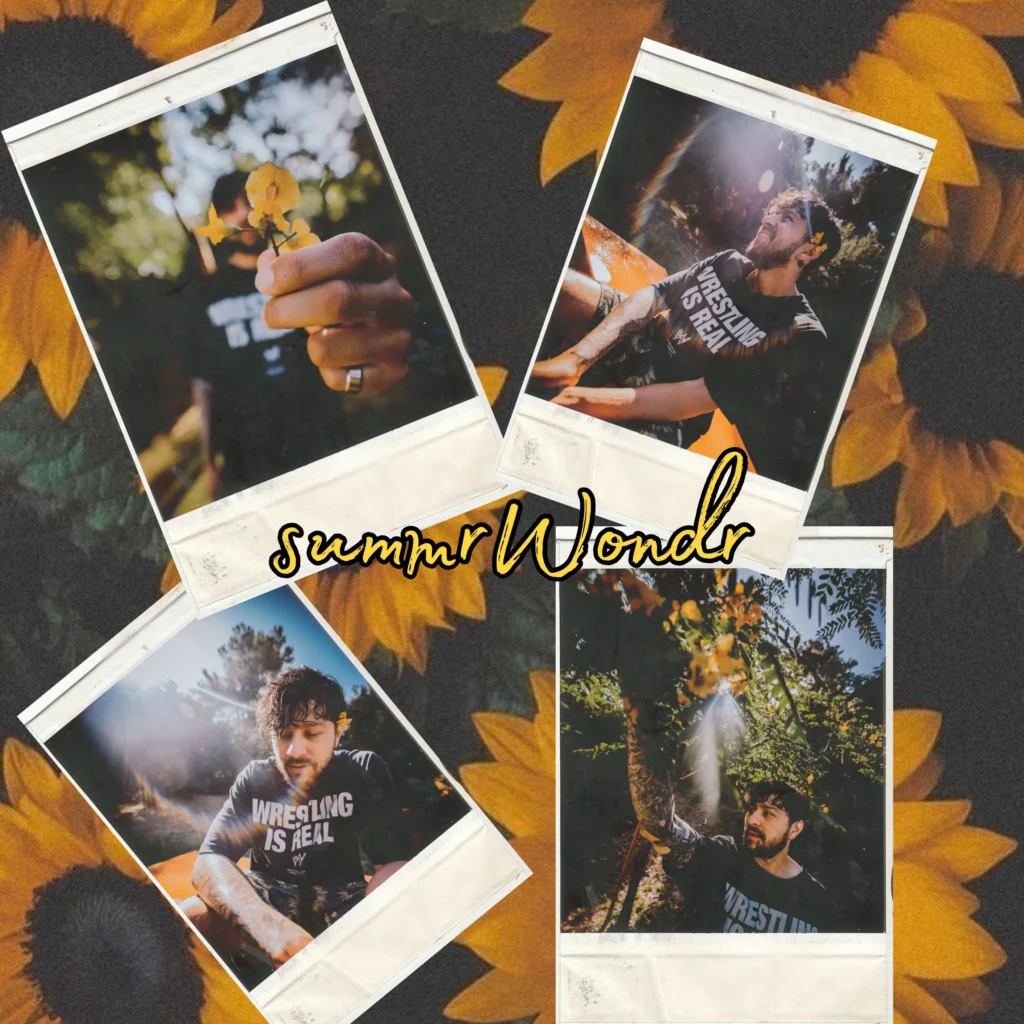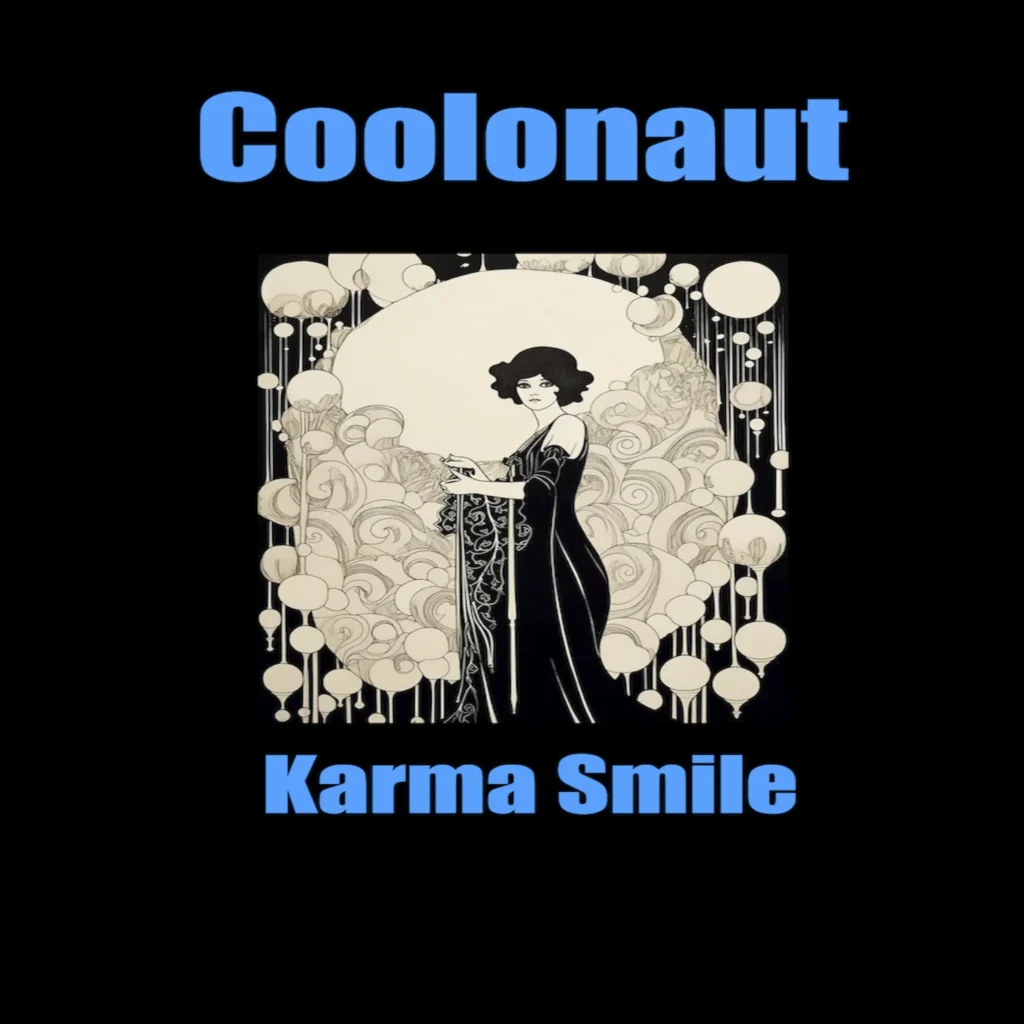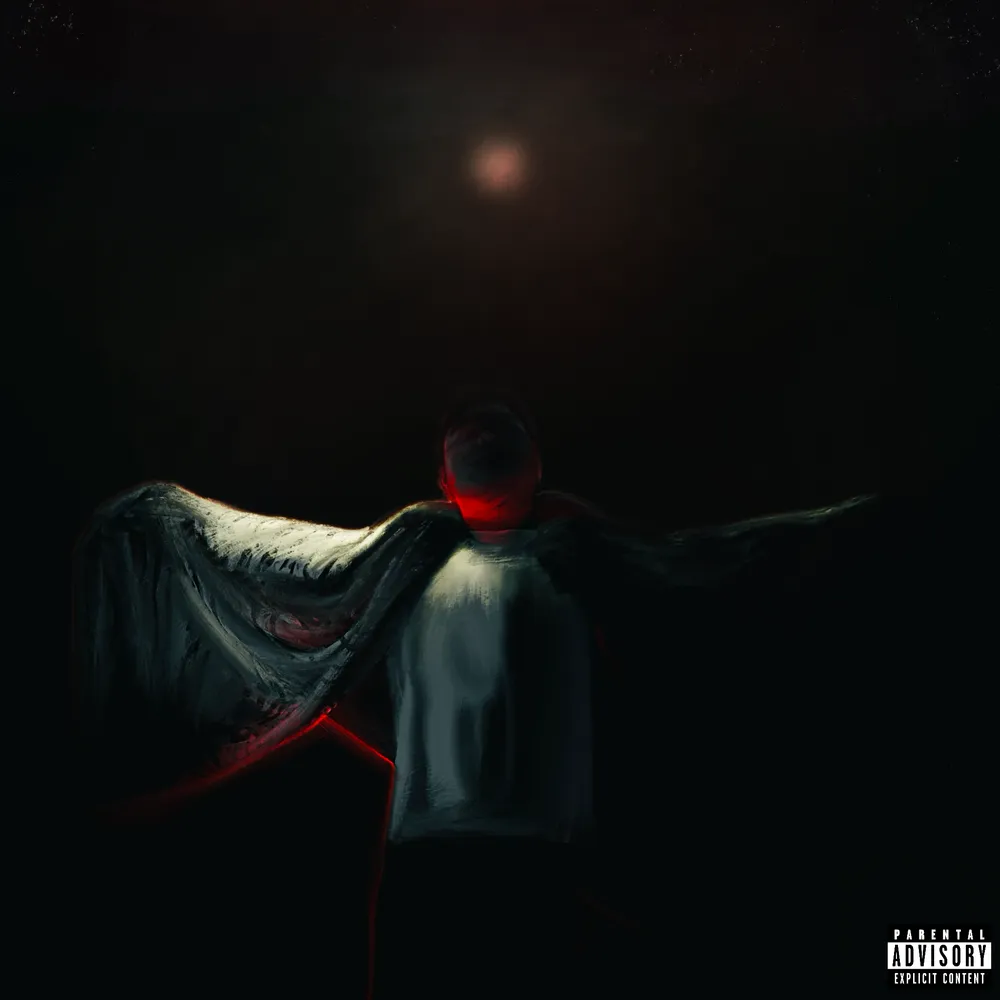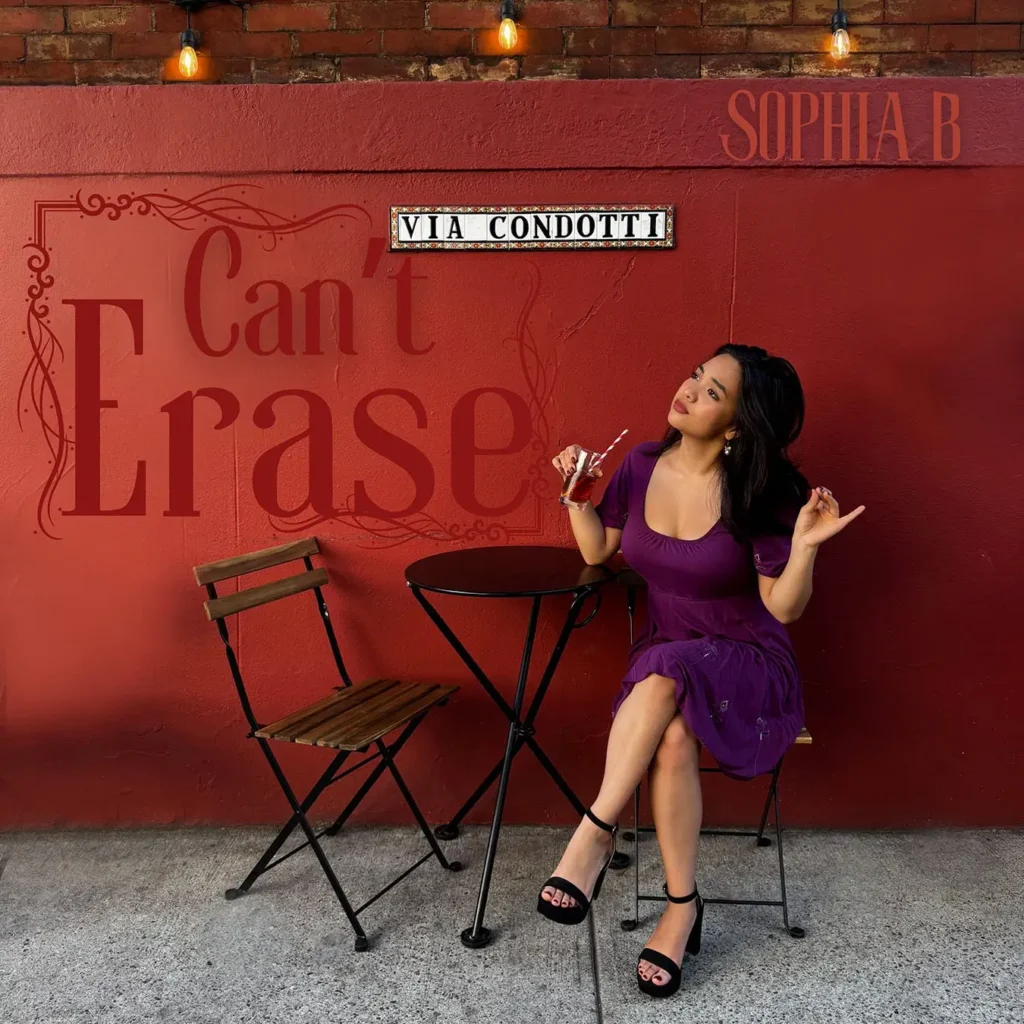There’s something inherently funny about naming your album summrWondr. It looks like someone took out all the vowels because they were too expensive, but what you get in return is an accidental mission statement: no excess, no fluff, just the essentials. And that’s what this record feels like; an album stripped down to memory, sample chops, and unpolished honesty. It’s summer refracted through lo-fi hip-hop, but not in the way YouTube playlists mean it. This isn’t “beats to study/relax to.” It’s “beats to have an identity crisis to at 2 a.m. while the fan’s broken and your neighbor won’t stop shouting.”
jWondr has said the album is about capturing phases of his life, particularly those bound to summer. And unlike most attempts at “seasonal” albums, this one actually feels like a series of vignettes. Each track is a snapshot: fleeting, imperfect, but specific enough that you recognize the feeling even if you’ve never been in the exact situation. That’s where the comparison to someone like Mac Miller, or even Anderson .Paak, comes in; not because the music copies them, but because jWondr approaches summer like they approached memory: less about accuracy, more about vibe and emotional truth.
And then there’s the fact that it’s all built on sample-based production. This gives summrWondr a backbone of nostalgia, that crackling familiarity you get when you realize the loop you’re hearing isn’t perfectly clean, isn’t perfectly new. It’s a clever move: nothing screams “summer memory” more than a song that itself sounds like it’s been sitting in the sun too long, edges curling, colors fading.
The opener “SUMMR” sets things off with funk-driven psychedelia, Madonna-esque vocal chops, and a flow that immediately recalls Anderson .Paak and early Mac Miller. The point isn’t just to groove; it’s to announce that this is a summer not about beaches and cocktails, but about sweat, neon signs, and hazy recollection. What’s impressive is how lived-in the flow feels, not too polished, but comfortable, like someone who knows this story inside out because they lived it five times.
Then comes “IGHAWASAI.2,” the track that makes the Madlib comparison unavoidable. The beat meanders and mutates, loose enough to sound improvised, but intentional enough to demand close listening. The flow nods hard to Kendrick’s good kid, m.A.A.d city era, especially “Bitch Don’t Kill My Vibe.” But here’s the kicker: the outro doesn’t just fade—it dissolves into full-blown psychedelia. It’s as if the song itself got too high and wandered off. And in context, that’s brilliant, because isn’t that what summer nights are? One second you’re vibing, the next you’re spiraling.
“GOODWILL” might be the most straightforward track here, but that’s not an insult. It’s boom bap comfort food, with horns and drums that could slot easily into an unreleased Logic project. But unlike Logic, who sometimes overthinks his own cleverness, jWondr just lets the beat breathe. It’s warm, optimistic, the kind of track that makes you feel like maybe you will finally get your life together after this iced coffee.
“STUBBRN” slows things down. The energy is J. Cole-esque, chilled-out and conversational, but delivered with just enough Drake-adjacent speak-singing to feel modern. This is where jWondr lets his guard down, or at least pretends to. There’s a sense that the swagger is holding back a little fragility, which is, frankly, the most summer thing ever; acting cool while you’re quietly melting inside.
On “DAFOE,” the Mac Miller influence comes roaring back. It could easily slot into Swimming, not just because of the vibe, but because of the layered beat switches. The track is a reminder that melancholy and psychedelia have always been best friends. It’s woozy, dreamlike, but there’s also a grounding honesty in the verses. This isn’t escapism, it’s confrontation through haze.
“GRAYFOX” is the outlier. Heavy, imposing, and more Drake in its execution, both in rapped verses and sung hooks; it leans into a weight that the rest of the album only hints at. If the other tracks are snapshots of moments, this one feels like a monument: large, unmoving, impossible to ignore. It’s the sound of all the things you’d rather not process but know you’ll have to.
With “INSECURITIES,” the gnash comparison writes itself, but that doesn’t mean it’s derivative. Where gnash often veers into performative sadness, jWondr feels direct, less like he’s performing a feeling and more like he’s reluctantly admitting it. The production carries it: light, melodic, but not cloying. It’s the best pop-adjacent cut here, and the most emotionally transparent.
Finally, “WONDR” closes the record with soft piano chords and female vocal flourishes that could have been lifted from André 3000’s The Love Below. It’s serene, almost deceptively so, like the perfect closer to a mixtape you’d play for yourself at 3 a.m. The point isn’t to explode; it’s to exhale. Summer, after all, doesn’t end with fireworks. It ends when you wake up and realize it’s already September.
summrWondr is a lo-fi scrapbook dressed up as an album, and that’s its greatest strength. It doesn’t try to be a definitive summer statement; it just captures fragments, moments, insecurities, and occasional bursts of joy. The result is something closer to The Mountain Goats writing diary entries on cassette tape than to the glossy “summer jams” that dominate playlists.
What makes it work is jWondr’s refusal to smooth out the rough edges. Each track leans into imperfection; wobbly samples, hazy flows, vulnerable lyrics and instead of being weaknesses, they become the whole point. jWondr’s summrWondr isn’t perfect; it’s sticky, overwhelming, fleeting and it makes it sound good.
Follow jWondr
Promoted Content
About the Author
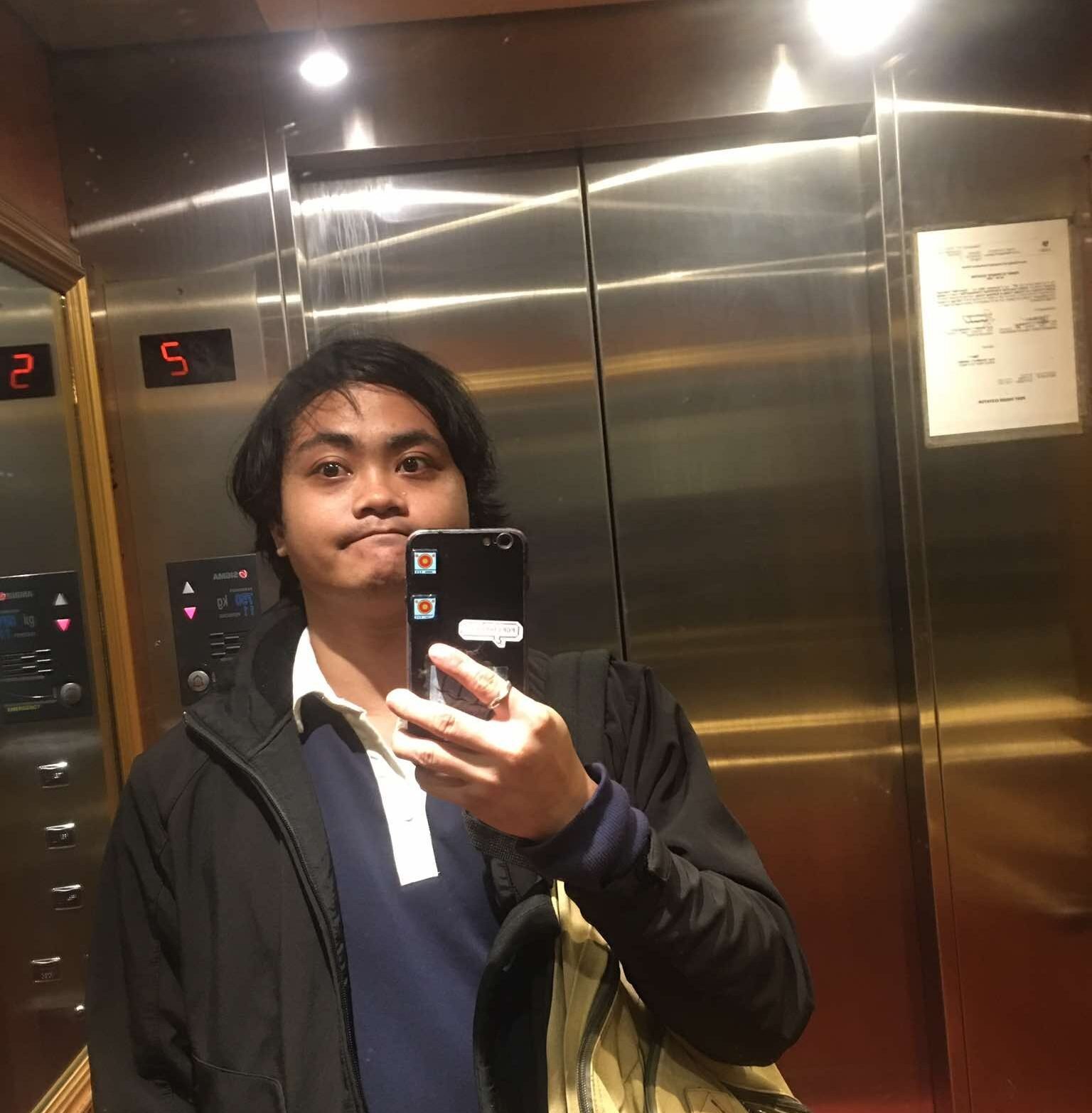
A tenured media critic known working as a ghost writer, freelance critic for publications in the US and former lead writer of Atop The Treehouse. Reviews music, film and TV shows for media aggregators.
